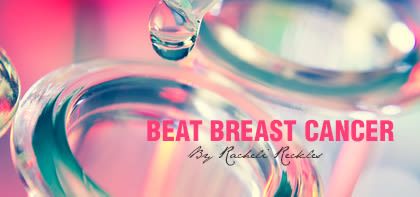
Beat Breast Cancer
Science, with all its advances, still refuses to look at diet as the major cause of the risk factors. A proper diet, for example, can radically reduce the risk of breast cancer…

I’m so crazy about this book, “The China Study,” by Dr. T. Colin Campbell. He has shown, through his large-scale study that increased animal protein consumption leads to an increased risk for cancer. This week, I’d like to focus on breast cancer.
In reality, there is little difference between breast cancer and any other type of cancer. They are both systemic diseases, and the fact that they manifest in different areas of the body does not mean that they are two different diseases. This faulty mindset is the cornerstone of why modern medicine is failing miserably in its attempt to cure cancer.
As I have written in Medical Myopia, the problem lies partially in the way scientists look at the human body. It is not a system that can easily be dissected into separate parts. Treating one part creates consequences in every other part, and many times those consequences are as bad or worse than the original disease itself. Aside from this problem is the additional problem that medicine rarely attempts to address the cause of the disease itself.
It does not view disease as the body’s way of telling you something is off-balance. Instead, it attempts to 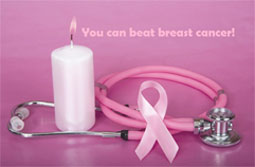 fight the disease head-on, when in reality, the disease is just a symptom of a greater, deeper problem.
fight the disease head-on, when in reality, the disease is just a symptom of a greater, deeper problem.
Breast cancer is a perfect example of such medical short-sightedness. In his book, Dr. Campbell lists the four main and universally accepted breast cancer risks: early age of first menstruation, late age of menopause, high levels of female hormones in the blood, and high blood cholesterol.
Is there one main contributing factor to all of these risk factors? Dr. Campbell says yes! It’s a diet high in animal foods and refined carbohydrates! This type of diet lowers the age of menstruation, raises the age of menopause, increases female hormone levels, and increases blood cholesterol levels!
But science, with all of its technological advances, still refuses to look at diet as the major cause of the risk factors. Because by realizing the cause is in something as simple as diet, their entire trillion dollar house of cards comes toppling down. Where will the cancer industry’s $124 billion in yearly profits go? Who will pay for their palatial mansions and gold-plated toilet seats?
Dairy and meat products are loaded with estrogen! Why do we think that we are immune to its effects when we consume insanely high amounts of these foods? Did you know that the seeds for breast cancer are first planted when a girl hits puberty? So it’s no wonder that women in their mid-thirties are being diagnosed, God have mercy.
Let’s talk about genes. Many women suffer from the belief that they are destined to get breast cancer, because their mother, aunt, grandmother, sister, etc., all had it. This is simply not true! Less than 3% of all breast cancer cases can be attributed to family history. Less than 3%!
But what about the discovery of the two breast cancer genes, BRCA-1 and BRCA-2? Dr. Campbell basically calls it a great media hype. Only 0.2% of individuals, that’s 1 in 500, carry the mutated form of these genes. This means that only a tiny percentage of the population with breast cancer actually gets it from faulty genes.
Do you remember the Indian rat study that I mentioned a few months ago? It showed that rats who were given extremely high doses of one of the most toxic molds in the world, aflatoxin, were immune to its effects when their diets consisted of 5% animal protein (casein, which is a milk protein.) At 20% protein, every single one of the rats died from cancer.
So, while the genes for breast cancer may be passed on from one family member to another, this doesn’t mean that they will necessarily be expressed. Diet is the most important factor that will control genetic expression in this case. Dr. Campbell recommends a diet of up to 10% animal protein. 0% is best, and eat as many fruits and vegetables as you can. Also stay away from refined carbohydrates and processed, sugary foods.
Now let’s talk about screening. Dr. Campbell says that screening is a reasonable step for those that carry the faulty BRCA-1 and 2 genes. Remember, that’s only 0.2% of the population. Essentially, screening just checks to see if the cancer has progressed to an observable state.
Now I’m going to expose the secret behind the early screening propaganda. One of the reasons that doctors promote early detection is because they say that women who screen earlier are less likely to die within five years. This is not because the treatments are better, however. This is simply because women find out they have the disease earlier! Do you see through the ruse now? If a woman finds out now versus in two years from now that she has breast cancer, she’s automatically given herself an extra two years of “prevention.”
In reality, there is no medical way to prevent cancer. Even preventative mastectomy can’t guarantee that the woman won’t get another type of cancer. Remember, cancer is a systemic disease that can be expressed in any organ or body system. I remember my husband’s grandmother, a”h, who went through numerous surgeries, cutting out cancerous tumors from all over her body, only to find that they just popped up somewhere else.
What about Tamoxifen, the controversial drug that has shown promising results? Well, the results are promising – depending on whose study you read. In reality, the side effects of Tamoxifen raises the risk for stroke, uterine cancer, cataracts, deep vein thrombosis, and pulmonary embolism. How does this drug work? It basically lowers estrogen levels.
Let’s apply some common sense here. Wouldn’t it be so much easier to lower estrogen levels by staying away from the things that raise estrogen levels in the first place?
Dr. Campbell writes that women at high risk for breast cancer are given three options: watch and wait, take Tamoxifen, or undergo mastectomy. He then offers a practical fourth option: eat a diet free from animal-based foods and low in refined carbohydrates (and sugar,) plus regular monitoring for those at high risk. Now doesn’t that make so much more sense?
Next, Dr. Campbell talks about exposure to environmental toxins. The two biggest culprits are PCB’s and PAH’s. PCB’s are associated with industrial pollution. They are chemicals that are not metabolized by the body; thus they are not excreted from the body. Humans are not at great risk for cancer from exposure to these chemicals unless they eat excessive amounts of milk, meat, and fish. In fact, “90-95% of our exposure to these chemicals comes from consuming animal products.”
PAH’s, or Polycyclic Aromatic Hydrocarbons, are associated with smoke exhaust, factory smoke stacks, petroleum tar products, tobacco smoke, and other industrial byproducts. Although we can metabolize them, the process creates “intermediate products that react with DNA to form tightly bound complexes, or adducts. This is the first step in causing cancer,” writes Dr. Campbell.
Which brings us back to the rat study. The rats were injected with very high amounts of aflatoxin, yet the only ones that developed cancer ate diets high in animal protein! The same holds true for PAH exposure. If we eat diets full of milk, meat, fish, and refined carbs, we are creating an environment that allows the toxins to wreak havoc on our bodies.
Finally, let’s discuss the very controversial HRT, or hormone replacement therapy. Dr. Campbell cites two large studies that recently showed dramatic increases in breast cancer, one by 26%, and one by 30%. It is a very difficult decision for many menopausal women: do they suffer with the discomforts of menopause, which can be severe for many, or do they put themselves at greater risk for cancer with HRT? It is certainly not a decision to take lightly.
Dr. Campbell gives women in such a predicament another option. He explains that when women reach menopause, the hormones crash and drop to a low “base” level. Amazingly, the hormone levels among women who ate primarily plant protein didn’t crash as dramatically as women who ate lots of animal protein. In other words, the hormone changes weren’t as abrupt or dramatic; they were a gentler fall, which meant an easier adjustment into post-menopause.
Are you starting to see the trend? Eating a plant-based diet and minimizing animal proteins and refined carbs as much as possible is, quite simply, the healthiest way to go. I sincerely hope this information has not just opened your eyes to the deceptive tactics of the medical community; I hope it has empowered you to believe that you are in charge of your health. Don’t let anyone take that away from you.
* * *
Feel free to send Racheli your questions, particularly in the areas of marriage, dating, child-rearing and women’s role; write her at racheli@breslev.co.il





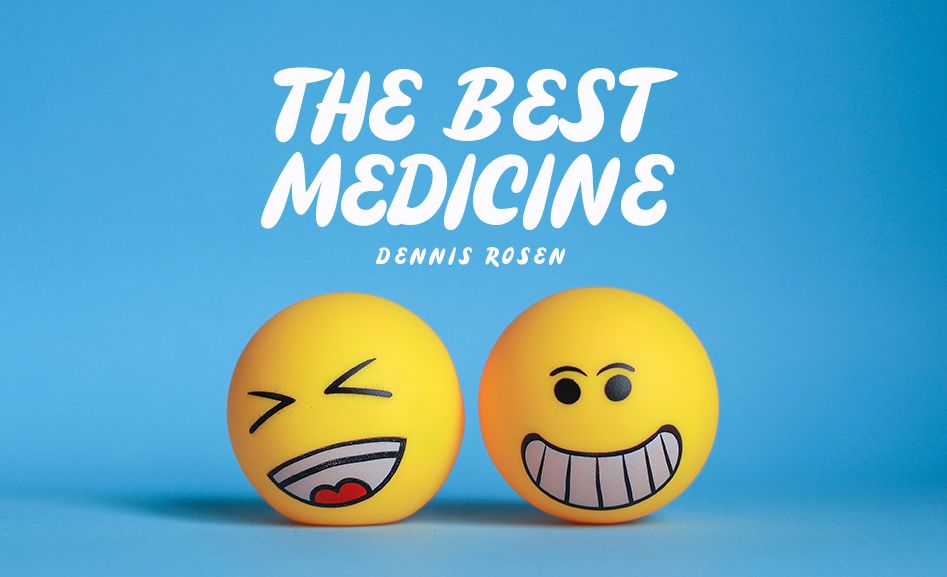


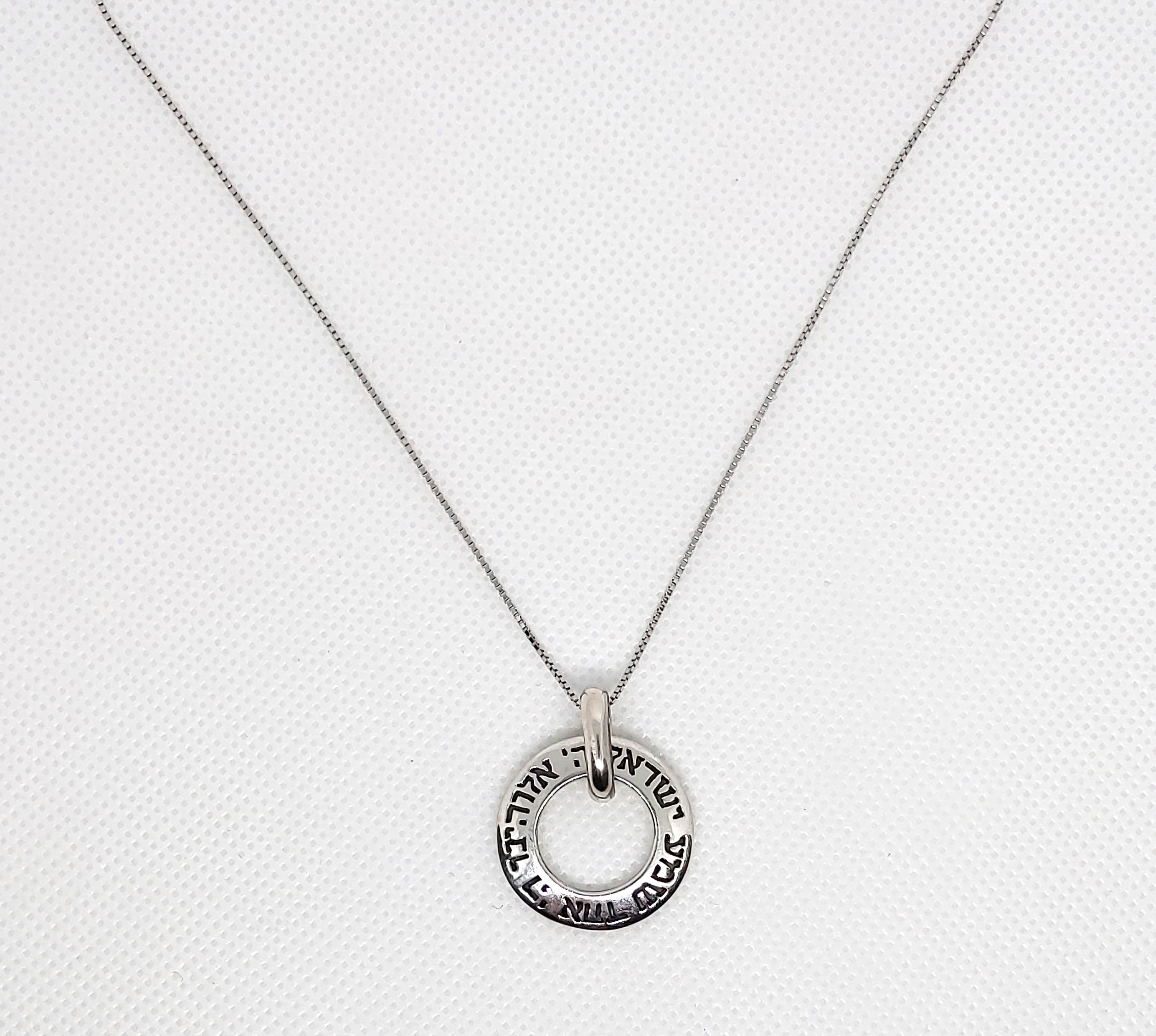

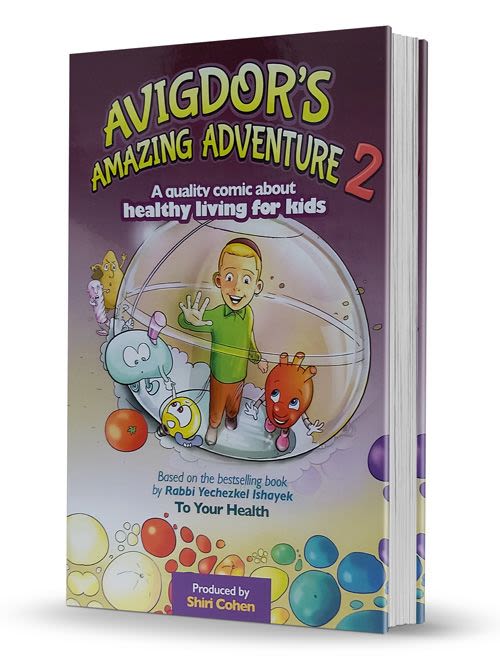

3/16/2017
You're absolutely right, Lori. Big Pharma only cares about Big $$$$. Thank God more people are realizing this every day.
3/16/2017
Lori
You're absolutely right, Lori. Big Pharma only cares about Big $$$$. Thank God more people are realizing this every day.
3/08/2017
Big Pharma does not want the truth coming out about how profitable cancer is to their bottom line. There are many things that a person can do to take care of their health.